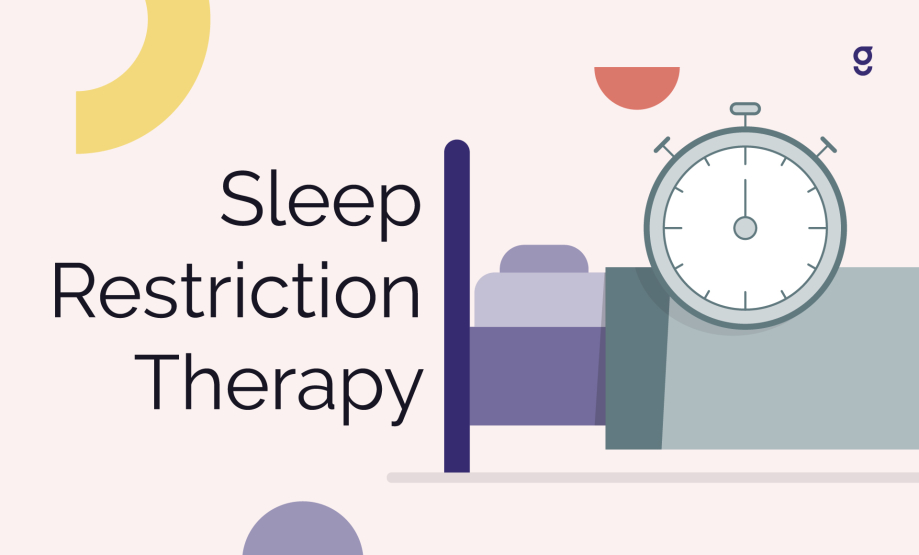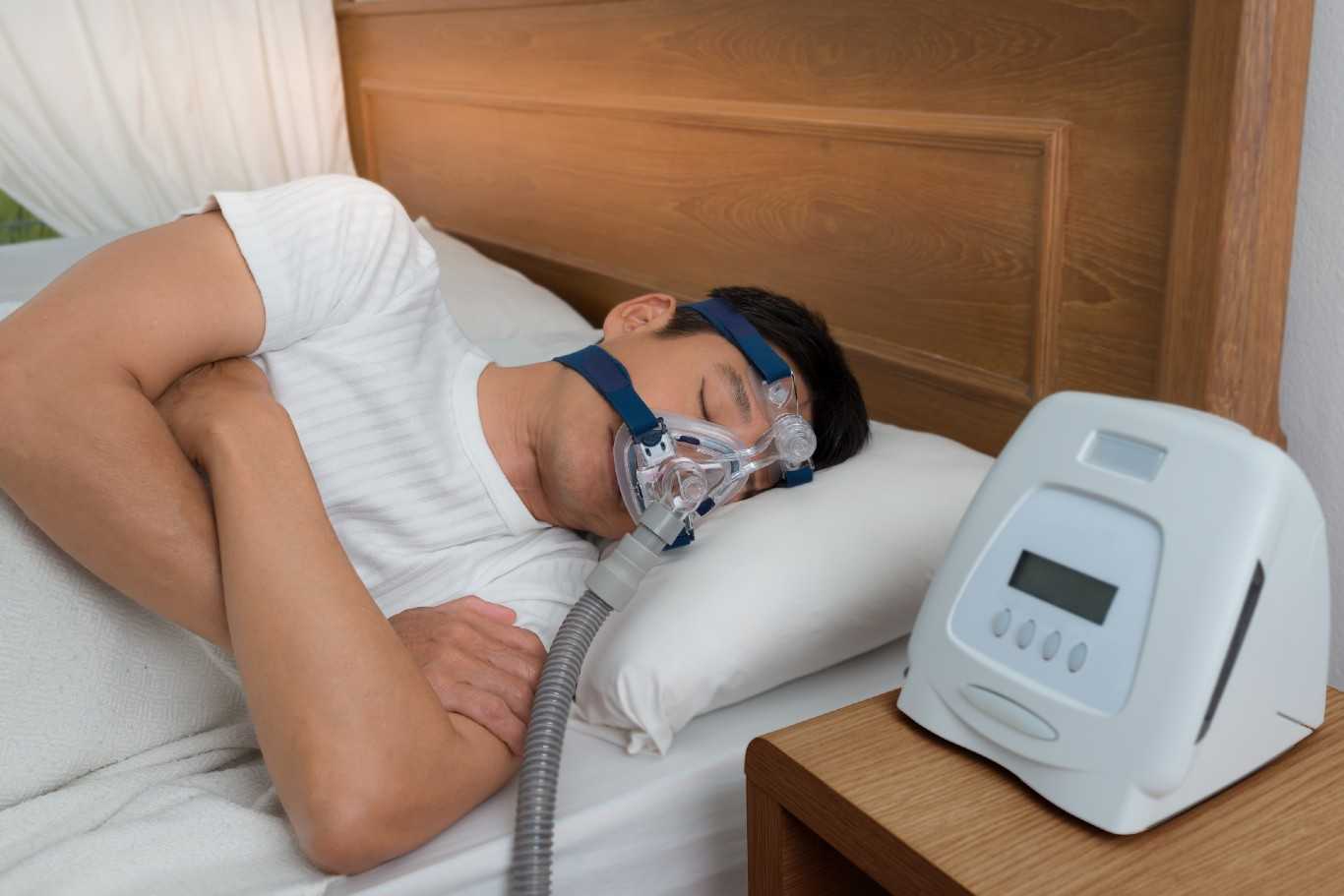The Value of Therapy in Attending To Rest Disorders and Promoting Mental Health
Reliable monitoring of rest conditions is vital for preserving general mental wellness, and counseling plays a critical role in this process. With therapy, people can discover the root causes of their sleep problems, establish coping methods, and discover leisure methods to advertise far better sleep hygiene.

Recognizing Sleep Disorders
Understanding rest disorders is vital in order to deal with the underlying root causes of interfered with rest patterns and improve general well-being - insomnia counseling. Sleep conditions include a range of problems that affect the top quality, timing, and duration of rest, bring about difficulties in dropping off to sleep, staying asleep, or experiencing restful sleep
Another prevalent rest problem is rest apnea, where breathing repetitively quits and begins throughout rest, leading to bad oxygenation and fragmented sleep. Troubled legs disorder, narcolepsy, and parasomnias like sleepwalking are also amongst the many rest disorders that can substantially impact a person's sleep top quality and daily performance.
Role of Therapy in Treatment
Addressing rest disorders via counseling is a vital element of extensive treatment plans targeted at enhancing both sleep high quality and mental wellness. Therapy plays an important role in the therapy of sleep problems by helping individuals determine and resolve underlying psychological aspects that might be adding to their sleep disturbances. With therapy, individuals can check out and settle issues such as stress, stress and anxiety, clinical depression, trauma, or other psychological health and wellness concerns that can dramatically affect rest patterns.
Therapy likewise offers individuals with techniques and methods to improve rest health, take care of stress and anxiety, and control emotions, all of which are important for promoting healthy and balanced rest routines. With the assistance and support of an experienced counselor, individuals can make meaningful changes that lead to far better sleep and total mental well-being.

Approaches for Better Sleep
Reliable monitoring of rest conditions requires the implementation of practical strategies tailored to specific demands and scenarios. One essential strategy is developing a regular rest schedule, going to bed and waking up at the very same time on a daily basis, also on weekend breaks (insomnia solutions). Producing a relaxing bedtime routine can indicate to the body that it is time to wind down. This might consist of activities such as reviewing a book, taking a warm bathroom, or practicing relaxation workouts. It is important to ensure that the rest atmosphere contributes to rest, with a comfy bed mattress, pillows, and ideal area temperature and lighting. Restricting exposure to screens and avoiding hefty meals, caffeine, and alcohol near bedtime can additionally promote far better sleep. Routine physical activity throughout the day can help manage sleep patterns. If sleep problems linger, maintaining a rest diary to track behaviors and patterns can give useful understanding for additional treatment. By integrating these methods right into daily routines, individuals can boost the quality of their sleep and general psychological health.
Impact of Rest on Mental Health And Wellness
:max_bytes(150000):strip_icc()/GettyImages-1218575041-715ed273199f4221b686c13a5146717e.jpg)
Study has revealed that inadequate or interfered with rest can negatively influence neurotransmitter levels, specifically those associated to state of mind regulation, resulting in increased impatience, decreased strength to stress and anxiety, and a greater possibility of creating psychological wellness conditions. Moreover, chronic sleep deprival can impair cognitive feature, memory combination, and decision-making processes, further exacerbating mental health and wellness obstacles.
Therefore, attending to sleep disruptions with therapy and implementing methods for much better rest hygiene is essential in promoting mental wellness. By boosting sleep top quality, people can positively affect their mental health and wellness, boosting their capacity to manage day-to-day stress factors and maintain emotional equilibrium.
Benefits of Counseling for Health
Therapy for wellness acts as a valuable source for individuals seeking to boost their psychological and emotional wellness through specialist advice and assistance. One of the primary advantages of counseling is the opportunity it attends to people to explore their thoughts, sensations, and habits in a personal and secure setting. By collaborating with an experienced therapist, individuals can gain a far better understanding of themselves, determine areas for individual growth, and create coping strategies for check my reference taking care of tension and challenges.
In addition, counseling can aid individuals boost their interaction skills, construct healthier partnerships, and improve their self-esteem and positive self-image. Through normal sessions, people can learn to recognize unfavorable patterns of thinking and actions, obstacle unreasonable beliefs, and develop even more favorable and adaptive means of thinking and acting.
In addition, therapy can play a crucial duty in promoting total wellness by addressing underlying problems that might be contributing to mental wellness worries such as anxiety, clinical depression, or rest conditions. By attending to these problems proactively, people can experience enhanced psychological health and wellness, far better sleep top quality, and a higher feeling of overall health.
Conclusion
Finally, counseling plays an important duty in dealing the original source with sleep problems and promoting mental wellness. By recognizing sleep disorders, utilizing therapy in treatment, applying methods for better rest, and recognizing the effect of rest on mental health and wellness, individuals can experience better overall health. Therapy offers many benefits for psychological wellness and wellness, making it an essential part in the administration of sleep conditions and the promo of psychological health.
One more prevalent sleep problem is sleep apnea, where breathing continuously starts and quits during rest, leading to bad oxygenation and fragmented sleep.Attending to sleep disorders via therapy is an essential part of detailed treatment plans intended at enhancing both sleep top quality and psychological wellness.The interconnection in between reliable administration of sleep disorders and psychological health highlights the considerable effect that sleep quality can have on a person's psychological health and wellness. When sleep is jeopardized, either due to sleep disorders or poor rest routines, it can lead to you can check here a variety of mental health and wellness problems such as stress and anxiety, anxiety, mood disturbances, and trouble in dealing with stress and anxiety.
By recognizing rest conditions, using therapy in therapy, implementing strategies for better rest, and identifying the influence of rest on psychological wellness, people can experience better total wellness.